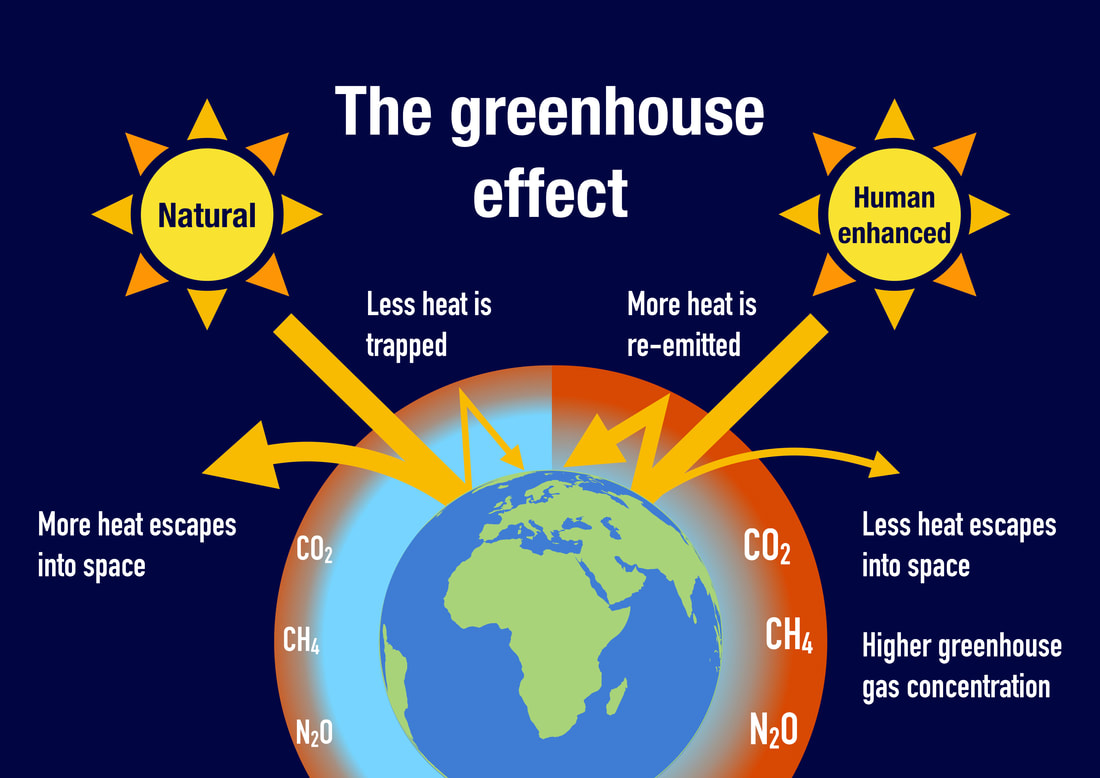|
The Biden administration on Friday published new guidance for federal agencies that are assessing the greenhouse gas and climate change effects of actions such as approving infrastructure projects. Under the new interim guidance, the White House Council on Environmental Quality said federal agencies carrying out National Environmental Policy Act reviews of proposed projects are getting clearer instructions on how to handle a number of issues, from how detailed of an analysis to undertake to how to better interact with communities. The guidance replaces Obama-era guidance that had been rescinded by the Trump administration. "Disclosing and reducing emissions will ensure we're building sustainable, resilient infrastructure for the 21st century and beyond," CEQ Chair Brenda Mallory said in a statement on Friday. "These updated guidelines will provide greater certainty and predictability for green infrastructure projects, help grow our clean energy economy, and help fulfill President Biden's climate and infrastructure goals." The interim guidance, which the CEQ said would be finalized after public comments are collected, includes a "rule of reason" standard for greenhouse gas reviews that tells agencies that the depth of their analysis "should be proportional to a project's impacts," meaning projects that will reduce greenhouse gas emissions, such as certain renewable and low-greenhouse gas projects, can have a less-detailed analysis, according to the council. In 2020, the Trump administration released draft guidance that would have required agencies to assess greenhouse gas effects only "when a sufficiently close causal relationship exists between the proposed action and the effect" and that a "'but for' causal relationship is not sufficient." In February 2021, the CEQ withdrew the Trump administration's draft and started work on a new version. Under the new guidance, the CEQ clarified the best practices for analyzing climate change effects, which include quantifying indirect emissions. The guidance also recommends best practices for communicating and providing context for climate impacts, "such as by noting relevant climate action commitments and goals and using the social cost of [greenhouse gases] to generate monetary estimates of climate impacts," the CEQ said. Agencies are also encouraged to mitigate greenhouse gas emissions to the greatest extent possible, "meaningfully engage" with communities and incorporate environmental justice considerations into climate-related analysis. The guidance will likely be welcomed by the Federal Energy Regulatory Commission, whose evaluation of the greenhouse gas impacts of pipeline projects that it approves has been the subject of much debate. FERC in the past has said it can't determine the significance of greenhouse gas impacts of projects it approves, so that's where the CEQ guidance may help. Sierra Club Legislative Director Melinda Pierce praised the CEQ's proposal for clarifying best practices, streamlining some renewable energy project reviews and requiring agencies to engage more with communities. "The Biden administration's actions today build upon their continued efforts to restore scientific integrity and clarity to [National Environmental Policy Act] regulations, and we look forward to receiving further guidance that strengthens our bedrock environmental laws, incorporates climate impacts into decision-making, and protects communities," Pierce said.
0 Comments
Leave a Reply. |
HISTORY
April 2024
Categories |
© Walk 4 Change. All rights reserved.



 RSS Feed
RSS Feed